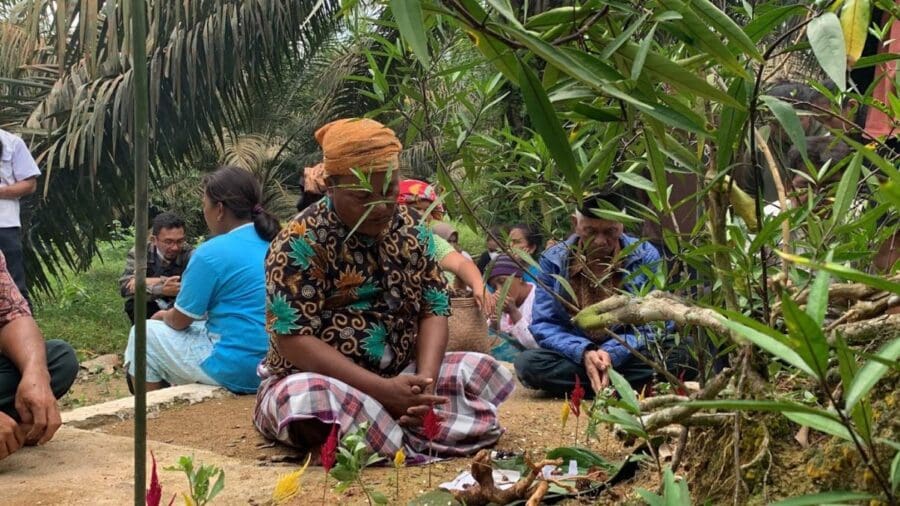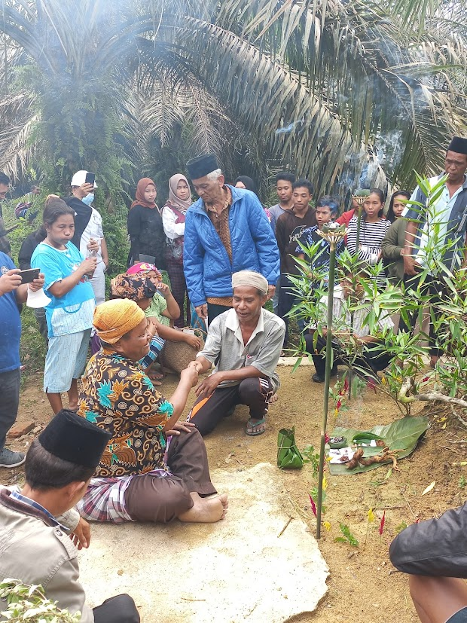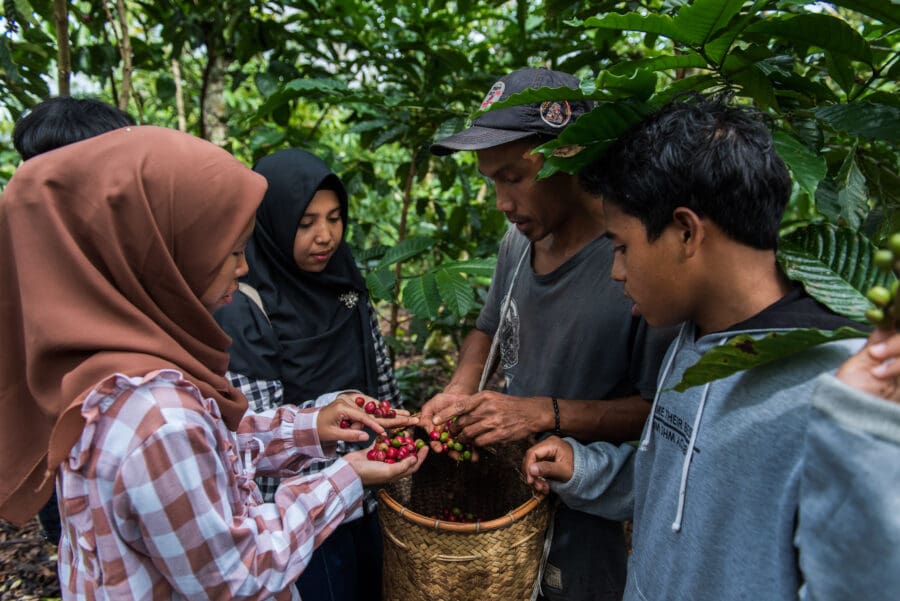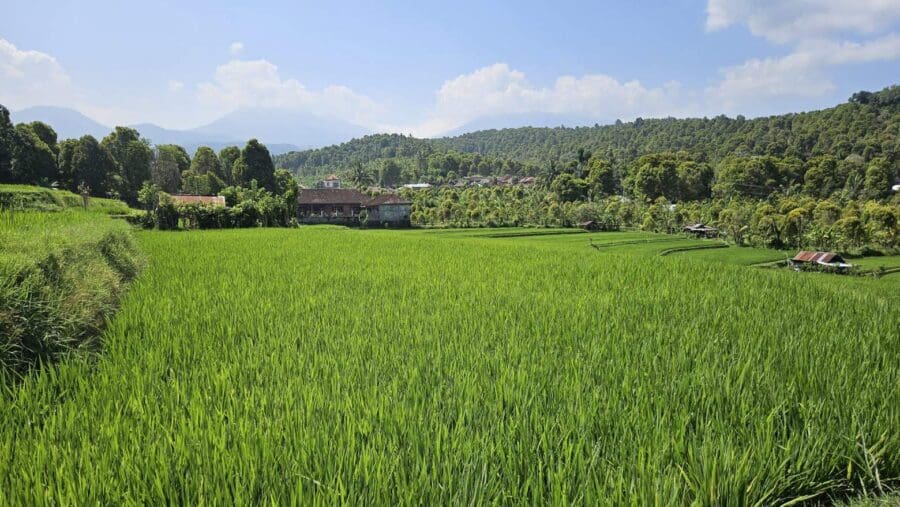Update (28 March 2025): In a big win for community land rights in Indonesia, the Complaints Panel denied PT Inecda’s appeal on March 11, 2025, and ruled in favor of the Talang Parit. The Panel threw out the company’s argument that the community had no rights to the area and thus did not need to be consulted, instead drawing on international norms and Indonesian law to reinforce that the community has legitimate customary rights.
In September 2024, the RSPO Complaints Panel ruled in favor of all the community’s complaints: i) the company was operating on community land without free, prior and informed consent (FPIC); ii) the company had failed to develop plasma plantations in consultation with the community; and iii) the company did not have an accessible grievance mechanism. Its decision was that the company must undertake participatory mapping with the community. The denial of PT Inecda’s appeal is a milestone in this case and may set the precedent for similar cases in the future.
This is an important moment for the Talang Parit. It represents the first time in over two decades that they can now negotiate directly with the company (and government) to secure their land tenure rights and improve local economic opportunities. We’d like to recognize the leadership of AsM Law Office, which has supported the Talang Parit since 2019 and has pioneered the strategies and innovations, such as community monitoring, that have brought the case to this point.
To RRI’s knowledge, this is the furthest that a community complaint of this nature has ever progressed. The strategy behind the case shows how the careful application of advocacy, influence, and analysis—while leveraging RRI’s networks with the private sector and other actors—can unlock new opportunities to secure rights and improve local livelihoods. It also provides important lessons on how community–private sector engagement can translate practically into change on the ground.
But there is still much more to do, including helping the community prepare for the participatory mapping exercise, and many unknowns still remain. RRI and others are continuing to test the limits of the value of the RSPO certification for companies.
WASHINGTON, D.C. (27 September 2024)—The Roundtable on Sustainable Palm Oil (RSPO) has found PT Inecda Plantations, a subsidiary of Korea-based Samsung C&T Group and a certified member, in breach of its sustainability standards on the Indigenous Talang Parit territory in Indonesia.
The RSPO implements global standards for sustainable palm oil. Its decision, issued September 9, recognized that PT Inecda had violated its principles for responsible plantation management, protection of nature, and meeting local community obligations. It also found that the company has operated on Talang Parit land for over two decades without obtaining the community’s consent.
Indonesia supplies over half of the global palm oil market and has increased its production by 400 percent over the past two decades by clearing millions of hectares of natural forests to make way for plantations. Given its reliance on the destruction of forests and peatlands, palm oil production is a major contributor to global warming and climate change.
This decision is a direct result of an innovative process used by the Talang Parit to develop the complaint using the community’s own extensive monitoring of the plantation’s human and environmental rights impacts.
The Talang Parit are part of Indonesia’s broader Talang Mamak Indigenous community and have lived in Sumatra for generations. A once-thriving ecosystem with vibrant lakes, their traditional land has suffered destruction since excavators from PT Inecda Plantation began clear-cutting more than 5,000 hectares (12,400 acres) of forest for palm oil. The land conversion has also devastated the community’s ability to sustain its cultural and spiritual traditions which are inextricably linked to nature.









